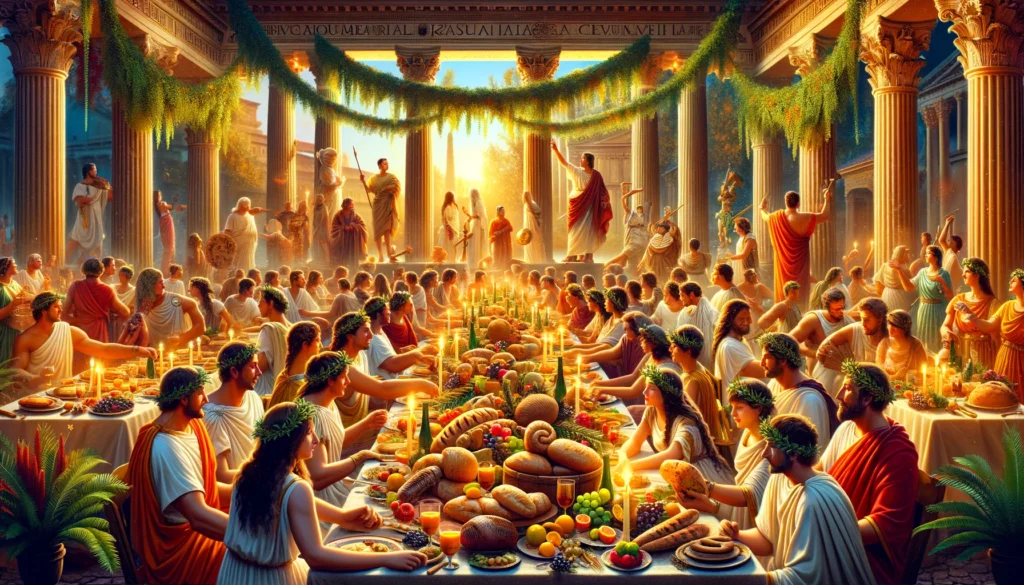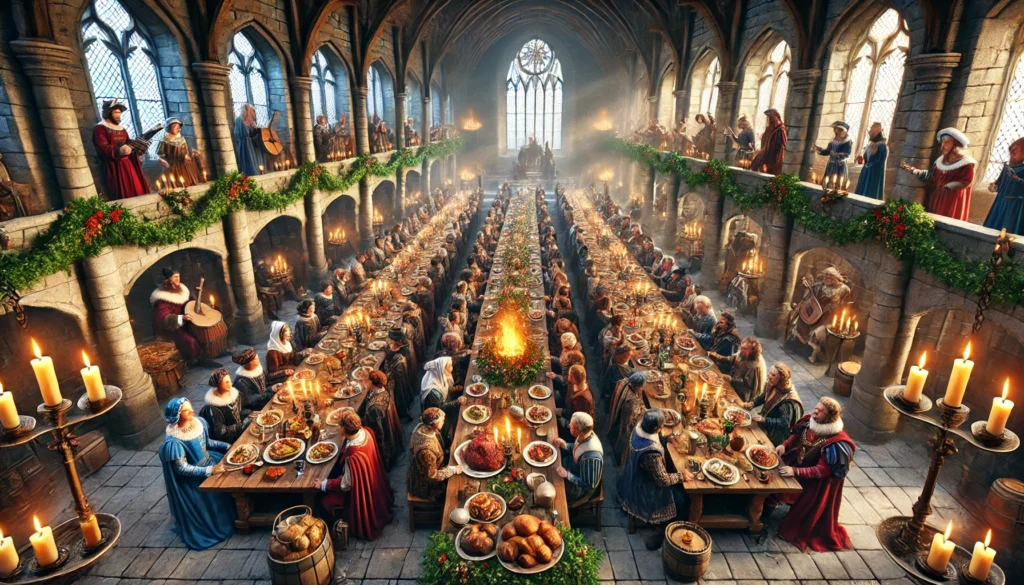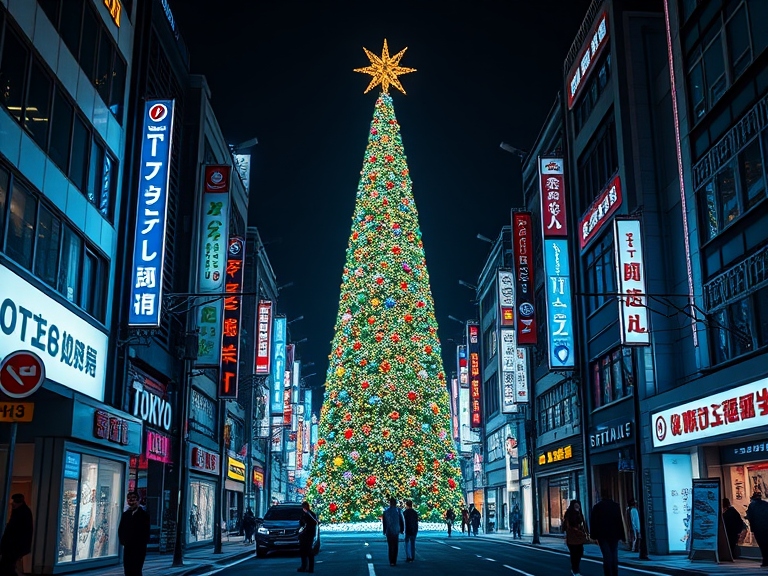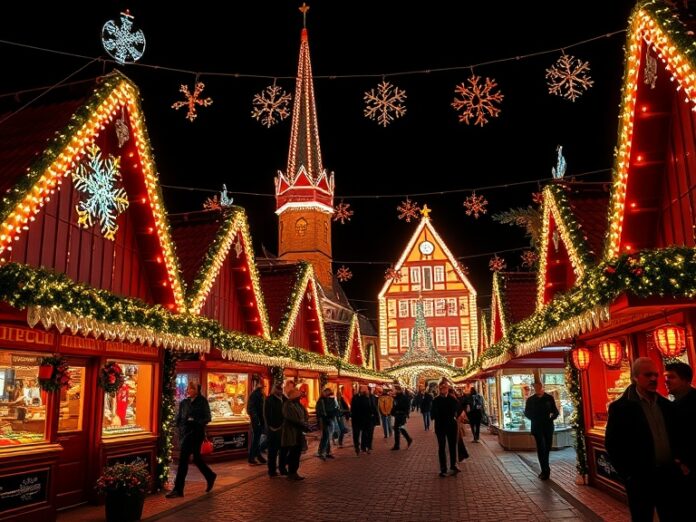Uncover the exciting and mysterious origins of the history of Christmas traditions, from ancient celebrations to modern festivities that bring joy worldwide.
Origins in Ancient Celebrations: History of Christmas traditions
Winter festivals have been celebrated across cultures for millennia. In Rome, Saturnalia honored the god Saturn with feasts, gift exchanges, and temporary social role reversals, symbolizing renewal. In the Nordic regions, Yule marked the winter solstice, celebrating the return of longer days with bonfires and animal sacrifices to the gods.

In Persia, Mithraism centered around the sun god Mithra, whose birth on December 25th aligned with the “rebirth” of the sun. These practices influenced later customs we now associate with Christmas.
Early origins of Christmas: https://www.history.com/topics/christmas/history-of-christmas
Christian Adoption and the Birth of a New Christmas Holiday
By the 4th century, Christianity began to dominate the Roman Empire. To ease the transition for pagan worshipers, the Church declared December 25th the feast day of Christ’s birth, aligning with Saturnalia. Though the Bible doesn’t specify Jesus’ birth date, early theologians linked it to the winter solstice, signifying Jesus as the “Light of the World.”
This integration wasn’t without resistance—some early Christians viewed Christmas celebrations as too indulgent. Over time, however, the holiday became central to Christian liturgy and tradition.
Medieval Merriment
During the Middle Ages, Christmas took on a communal flavor. People gathered for feasts, nativity plays, and wassailing—an early form of caroling. This period also saw the rise of symbolic customs like the Yule log, believed to bring good luck.
Further reading: https://www.history.com/news/middle-ages-christmas-traditions

The Rise of Modern Traditions
Germany introduced Christmas trees in the 16th century, later popularized in Victorian England. Meanwhile, the Dutch brought the legend of Sinterklaas (Saint Nicholas) to America, evolving into Santa Claus. By the 19th century, Christmas became a family-centric holiday, with traditions like exchanging gifts and decorating homes taking center stage.
To learn more about the origins of the Christmas tree https://www.britannica.com/plant/Christmas-tree
Global Celebrations Today
Modern Christmas blends religious reverence with globalized customs. From Japan’s festive illuminations to Germany’s Christkindlmarkts, the holiday has transcended borders, becoming a universal symbol of joy and togetherness.
History of Christmas in Japan: https://tokyotreat.com/blog/history-of-christmas-in-japan-everything-you-need-to-know



